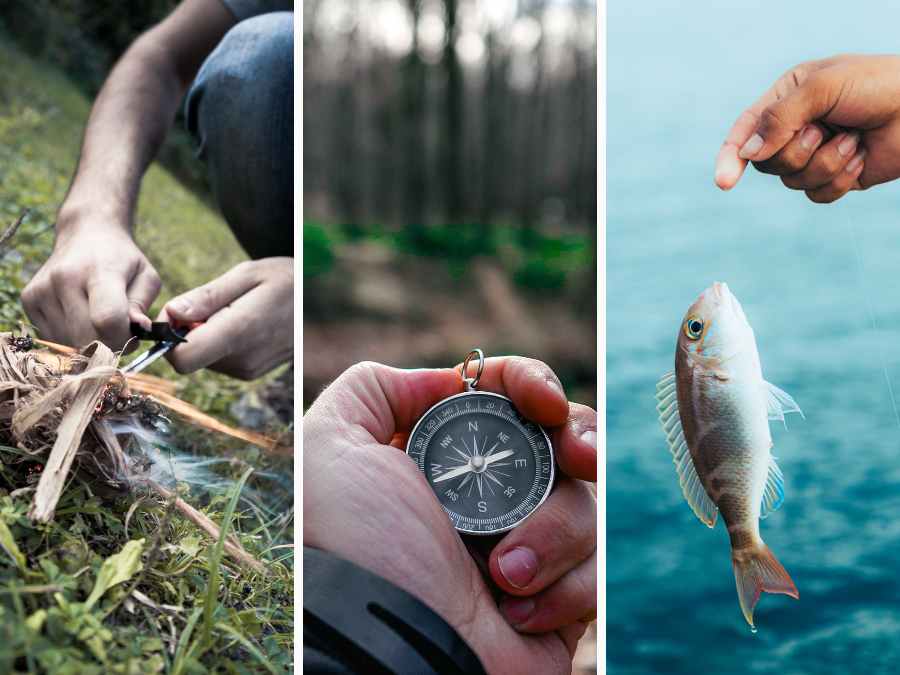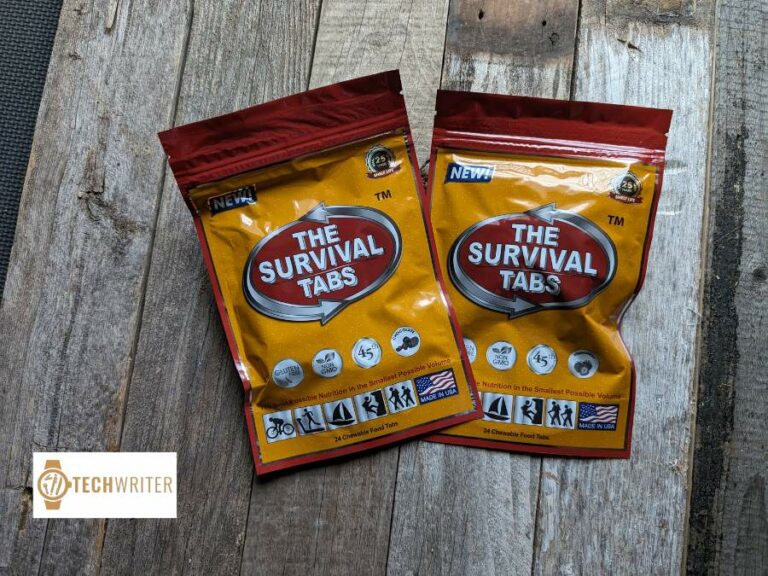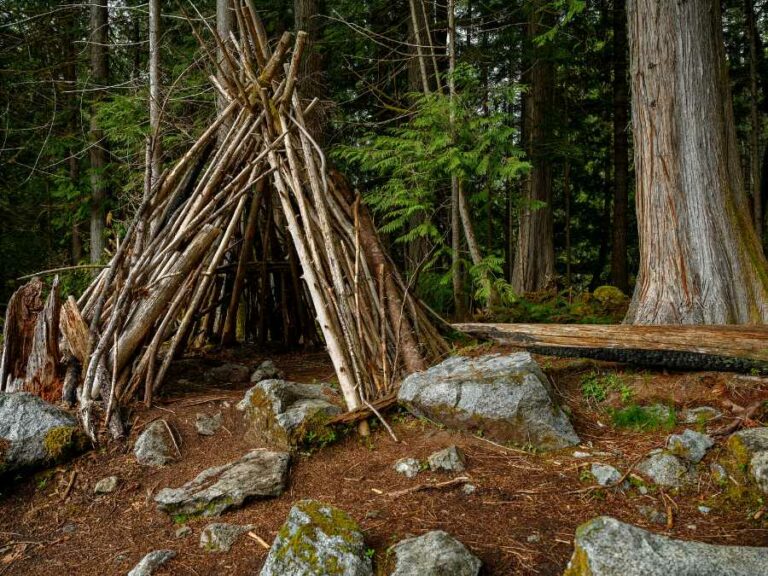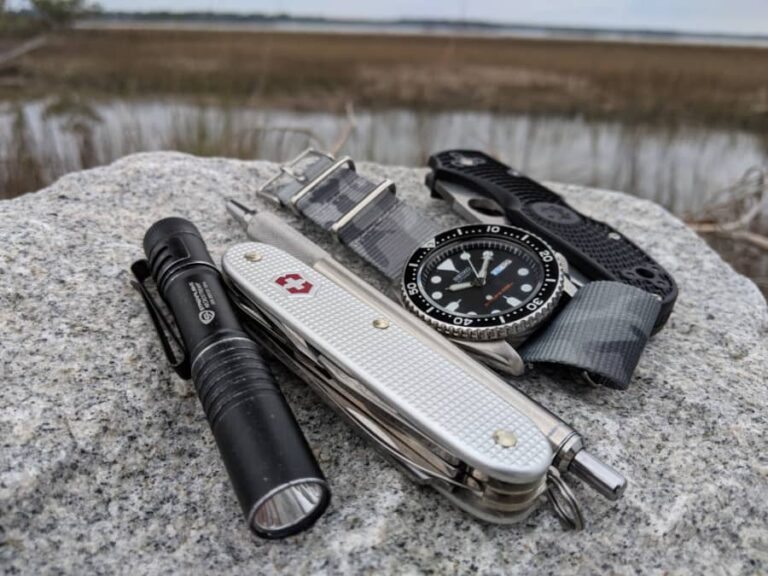The Art of Survival: Mastering the Essential Skills for Thriving in the Wilderness
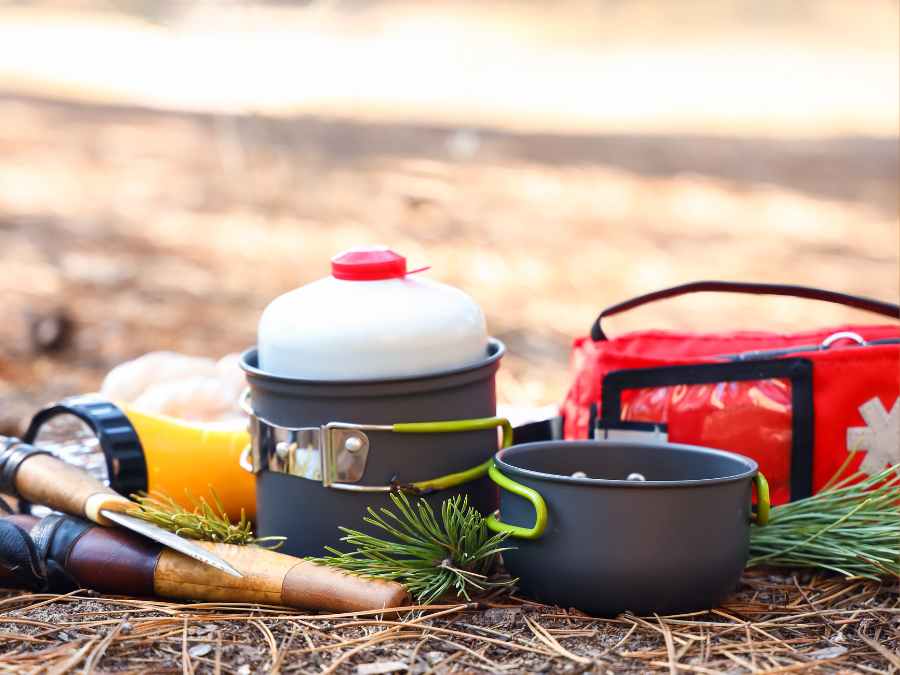
The Art of Surviving in the Modern Era
In our fast-paced, technology-driven world, the concept of survival skills may seem outdated or irrelevant. After all, most of us can simply rely on modern conveniences to meet our basic needs.
However, despite the comfort and convenience of our modern lives, there is an inherent value in understanding and possessing survival skills. These skills not only equip us to navigate unexpected or challenging situations, but also connect us with our primal instincts and innate human capabilities.

Defining Survival Skills: More Than Just Wilderness Know-how
When we think of survival skills, it’s easy to conjure up images of rugged adventurers conquering harsh wilderness environments. While wilderness survival is indeed a vital aspect of these skills, it is essential to understand that survival goes beyond just being able to build fires or find food in the wild.
Survival skills encompass a wide range of abilities and knowledge that can help us thrive in various scenarios – from natural disasters and emergencies to everyday challenges. Survival skills encompass practical know-how such as shelter-building techniques, fire-starting methods, water procurement and purification strategies, as well as navigation and orientation proficiency.
However, they also extend into other areas like first aid expertise, problem-solving ability under pressure, adaptability in adverse circumstances, and effective communication with others. In essence, survival skills are about equipping ourselves with the necessary tools both mentally and physically to overcome obstacles and ensure our well-being when faced with adversity.
By developing these crucial capabilities today (when we have access to resources such as information sharing platforms and knowledgeable communities dedicated to teaching these skills online or through workshops) we empower ourselves for a more self-reliant future. Additionally, it is worth mentioning that learning survival skills not only prepares individuals for personal emergencies but also enables them to assist others in need, fostering a sense of community and resilience.
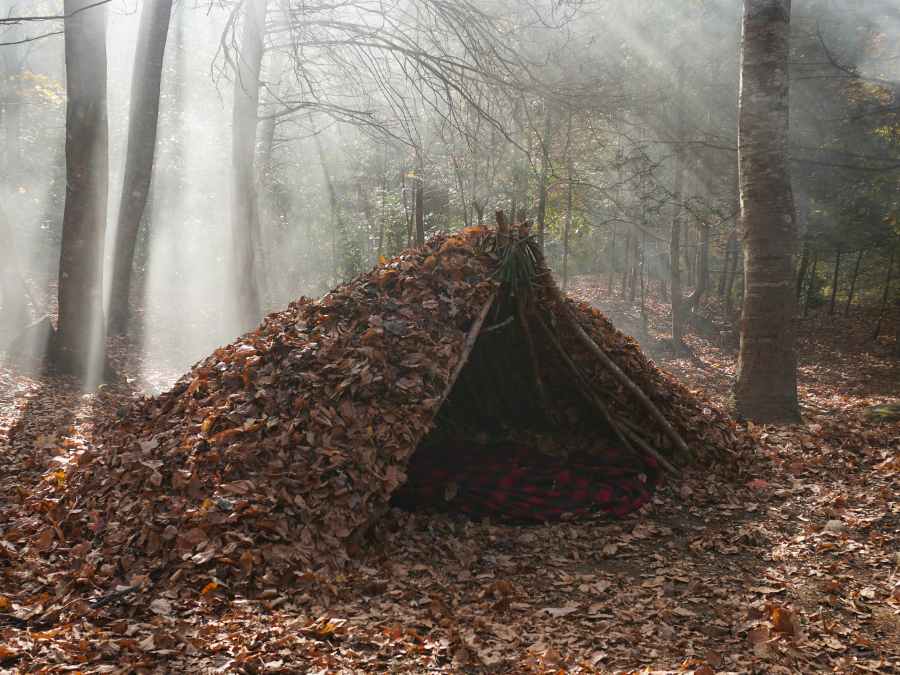
covered with layers of leaves, grass, or other foliage.)
Essential Survival Skills for All Situations
Shelter Building Techniques: Crafting Your Wilderness Haven
When it comes to surviving in the great outdoors, establishing a suitable shelter is paramount. Different types of shelters offer varying levels of protection and can be built using readily available materials.
Lean-tos, for example, are simple and effective structures that can shield you from the wind and rain. Debris huts, on the other hand, provide excellent insulation and camouflage.
Selecting the right location is essential when constructing a shelter. Look for an area that is elevated and free from potential hazards like falling branches or flooding.
It’s also crucial to consider prevailing winds and position your shelter accordingly to minimize exposure. Utilizing natural materials such as branches, leaves, and bark not only helps blend your shelter into the surroundings but also allows for a more efficient construction process.
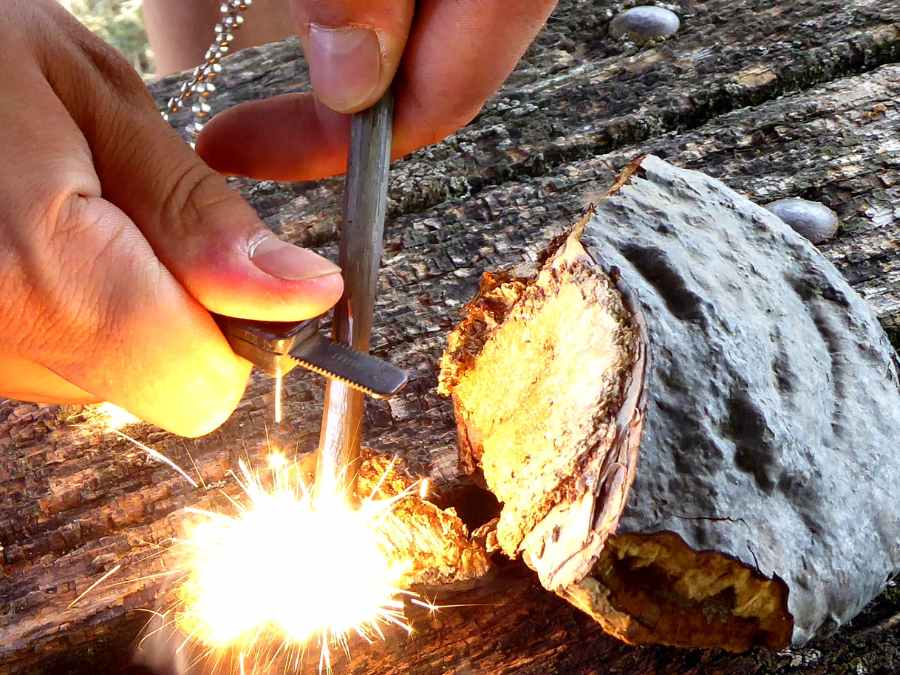
Fire Starting Methods: Igniting Hope in the Wilderness
Fire has been humanity’s faithful companion throughout history, offering warmth, light, and protection against predators. Mastering fire-starting techniques is essential for survival.
While traditional methods like friction-based techniques (such as using a bow drill or hand drill) require practice and patience, they can be remarkably effective once mastered. In modern times, having reliable tools such as lighters or fire starters greatly simplifies the process of starting a fire.
Keeping these items in your survival kit ensures you have a quick solution when time is limited or conditions are challenging. However, remember that fire safety should always be prioritized—properly extinguishing fires when not needed prevents accidents and reduces the risk of wildfires.

bacteria, viruses, and other harmful microorganisms.)
Photo credit: 99boulders.com
Water Procurement and Purification: Quenching Your Thirst Amidst Adversity
Water procurement is another vital skill in any survival scenario since dehydration poses significant risks to your well-being. Identifying potential water sources in the wild, such as rivers, streams, or even dew on plants, can be life-saving. However, not all water sources are safe to drink.
To ensure your water is free from harmful contaminants and pathogens, proper purification techniques must be employed. Boiling water over a fire is one of the most effective methods for killing bacteria and parasites.
Filters or purifying tablets can also be used when boiling is not feasible or when emergency alternatives are necessary. These skills grant you the ability to quench your thirst and maintain optimal hydration levels in challenging environments.
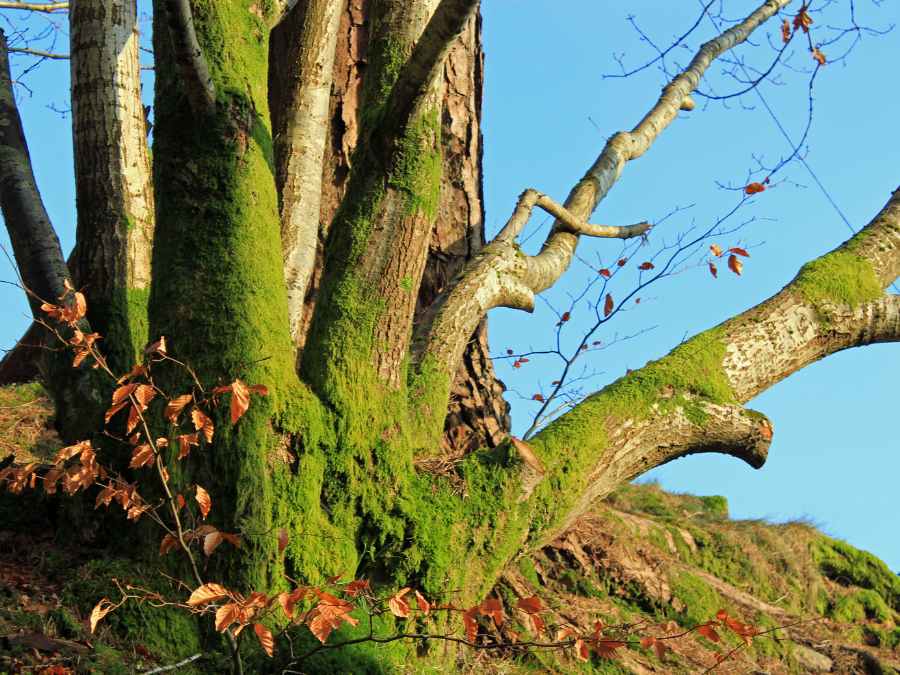
Navigation and Orientation Skills: Finding Your Way Home with Nature’s Compass
In unknown terrain, navigation skills are vital for staying on course and finding your way back to civilization. Reading maps and compasses (or using GPS devices if available) form the foundation of effective navigation. Understanding how to interpret topographic features allows you to plan routes and avoid potential dangers.
Nature itself provides valuable cues for navigation. The position of stars in the night sky can guide you in determining your cardinal directions when clear skies prevail.
Similarly, observing moss growth on trees can indicate where north lies if no other tools are at hand. In situations where navigational aids are scarce, creating makeshift tools like shadow sticks—sticks that cast consistent shadows throughout the day—can help establish direction with reasonable accuracy.
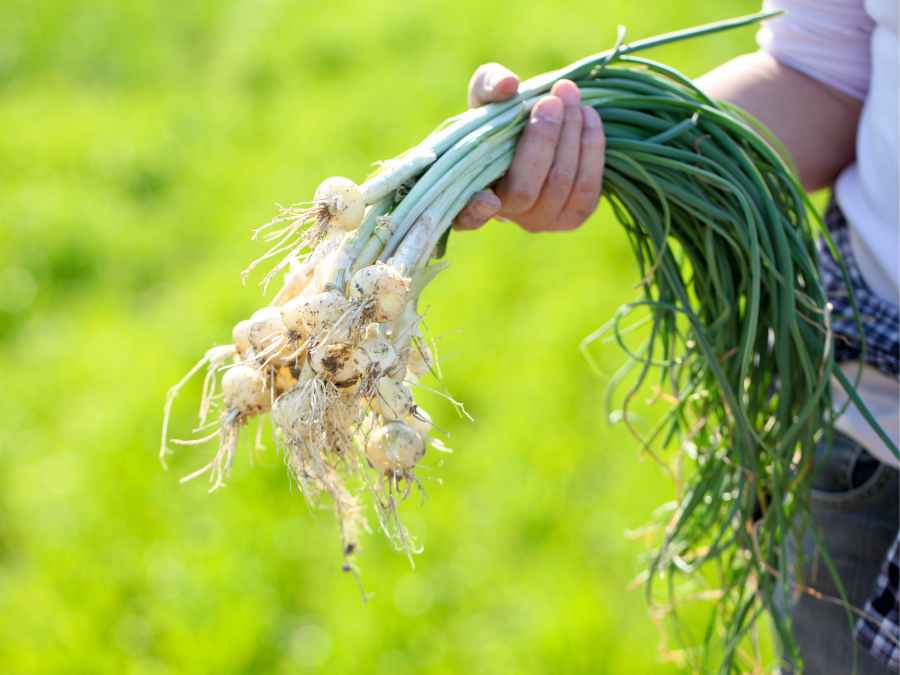
Survival Skills Specific to Wilderness Environments
Edible Plant Identification: Nature’s Bountiful Grocery Store
When stranded in a wilderness environment, being able to identify edible plants becomes crucial for sustenance. Recognizing common edible plant species ensures you can forage safely while differentiating between poisonous ones minimizes potential risks. Understanding which parts of a plant are edible and how to prepare them further expands your options for survival food sources.
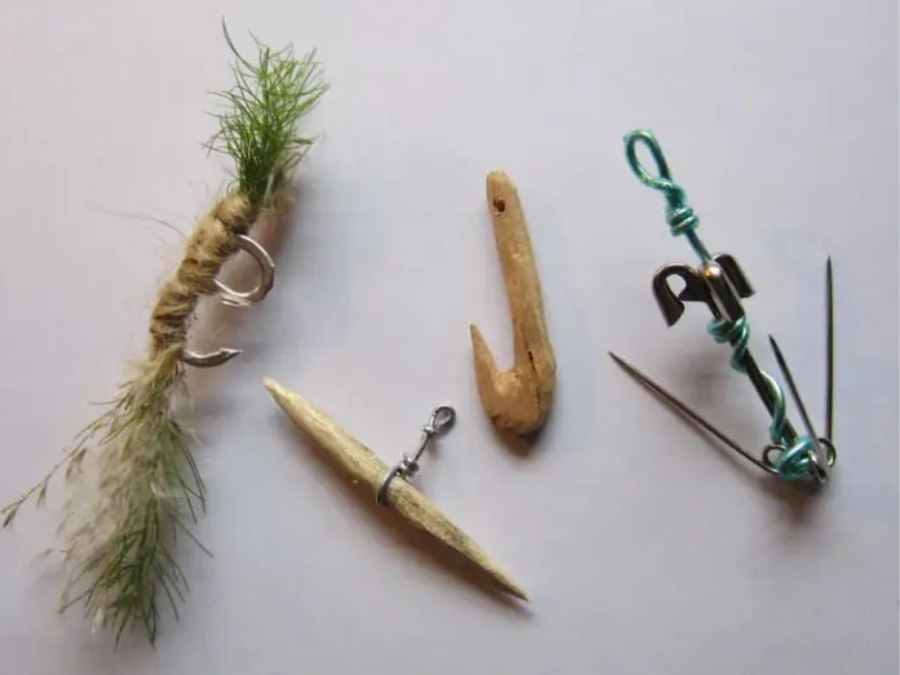
Hunting, Trapping, and Fishing Techniques: The Hunter’s Ingenuity
In the wilderness, procuring food through hunting, trapping, or fishing becomes essential for long-term survival. Building traps and snares with natural materials allows you to capture small game while conserving energy.
Basic hunting strategies, such as tracking and camouflage, can provide opportunities for larger prey using primitive weapons like spears or bows. Additionally, fishing methods employing makeshift gear such as nets or improvised hooks increase your chances of securing a protein-rich meal.
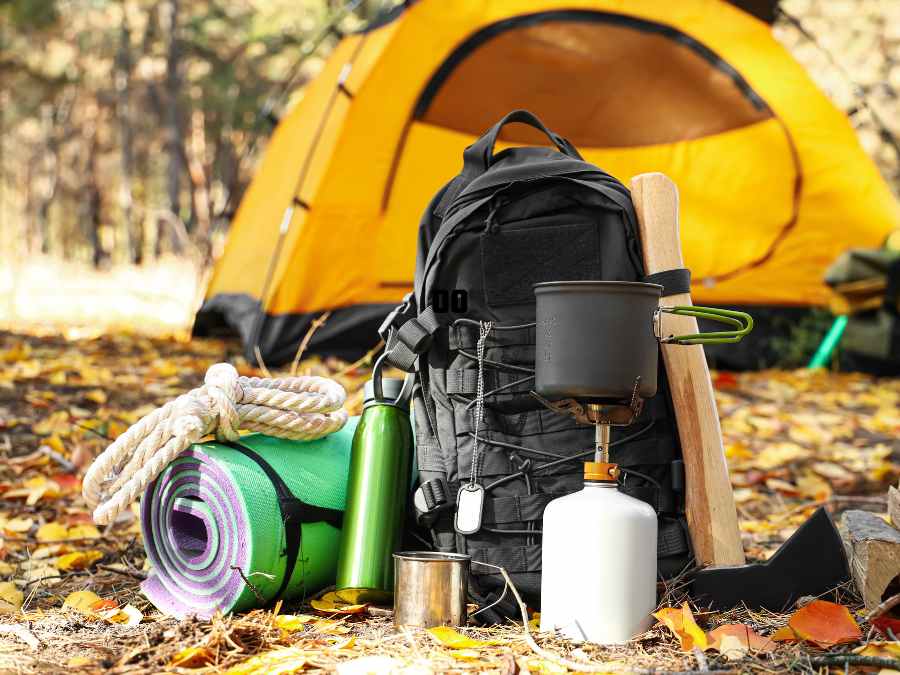
Don’t Take Your Chances, Learn To Take Care Of Yourself
Amidst the challenging landscapes and unpredictable circumstances of survival situations, possessing a diverse range of survival skills is key to increasing your chances of making it out alive. Shelter-building techniques offer a sanctuary from harsh elements, while fire-starting methods provide warmth and security. Water procurement and purification skills ensure access to safe drinking water even in adverse conditions.
Navigating through the wilderness becomes manageable with navigation and orientation skills that utilize both modern tools and nature’s cues. Foraging edible plants expands your food options while hunting, trapping, and fishing techniques turn you into a resourceful provider in the wild.
By investing time in acquiring these crucial survival skills, you empower yourself with the knowledge necessary to face unforeseen challenges head-on. Remember that preparation breeds confidence and resilience—an optimistic outlook that instills hope even in the direst circumstances.

Alan Dale is an experienced backpacker and adventure sports athlete who pays the bills by writing. Married with a small brood, Alan often has his kids in tow on many of his adventures. You can visit Alan here: https://siralandale.com/

